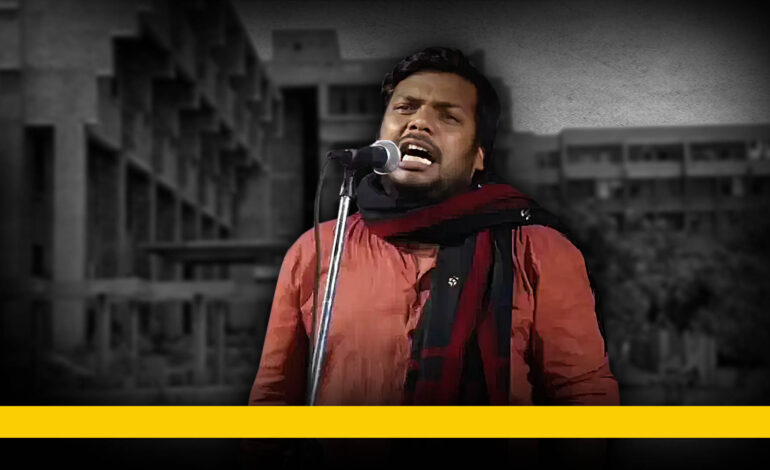
From caste discriminatory feudal villages of Gaya in Bihar to revolutionary student activity in Jawaharlal Nehru University, where he created history by becoming the first Dalit President of the students union after a gap of nearly three decades. This is the inspiring story of Dhananjay, whose electoral triumph in the JNUSU elections was announced on the night of March 24. Dhananjay and the Left Panel, consisting of All India Students Association (AISA), Students Federation of India (SFI), All India Students Federation (AISF), Democratic Students Federation (DSF) and Birsa Ambedkar Phule Students’ Association (BAPSA), swept the JNUSU polls trouncing the Akhil Bharatiya Vidyarthi Parishad (ABVP).
As the student wing of the Rashtriya Swayamsevak Sangh (RSS) led Sangh Parivar, of which the Bharatiya Janata Party (BJP), which rules the country is also part of, the ABVP had the substantial backing from the central government and its agencies in fighting this fiercely contested student union polls. The fact that the students union elections were not held for two years had added to the intensity of the polls, especially because agencies of the union government had sought to create conditions that could help the ABVP in the contest. But, in the end, the unity of the Left student organisations and the manner in which they got together with the promise to uphold the liberal and revolutionary character of the university overcame the machinations of the government and its agencies.
In very many ways, Dhananjay is a symbol of this liberal, dynamic and revolutionary character and history of the JNU and its students union. Dhananjay is a member of the All India Students Association (AISA). He has been an active student politician for the past ten years. He remembers how he had got drawn into the struggle against the Four-Year Undergraduate Program (FYUP) in Delhi University in December 2014. At that time he was pursuing BA in Political Science from Sri Aurobindo College in Delhi. Reaching there was by itself a story of struggle for him, because it was difficult to get an admission in many colleges in his home state. “The concept of social justice is not accepted in our society. Our qualifications are always questioned and so are our academic records and interests.” – Dhananjay points out. However, ten years and many personal and political struggles later, he is presently a PhD student in the School of Arts and Aesthetics at JNU. Indeed, it has been a long journey for this young man from the Guraru village of Gaya district in Bihar.
JNUSU ELECTIONS CENTRAL PANEL
| President | Votes |
| Dhananjay (United Left (SFI-AISA-DSF-AISF)) | 2598 |
| Umesh Chandra Ajmeera (ABVP) | 1676 |
| Biswajit Minji (BAPSA) | 398 |
| Junaid Raza (NSUI) | 283 |
| Aradhana Yadav (SCS) | 245 |
| Dhananjay has won the President post by 922 votes. | |
| Vice-President | Votes |
| Avijit Ghosh (United Left (SFI-AISA-DSF-AISF)) | 2409 |
| Deepika Sharma (ABVP) | 1482 |
| Ankur Rai (Backed by NSUI) | 814 |
| Mohamed Anas A (BAPSA) | 611 |
| NOTA (None Of The Above) | 227 |
| Avijit Ghosh has won the Vice-President post by 927 votes. | |
| General Secretary | Votes |
| Priyanshi Arya (BAPSA, Supported by United Left (SFI-AISA-DSF-AISF)) | 2887 |
| Arjun Anand (ABVP) | 1961 |
| Fareen Zaidi (NSUI) | 436 |
| NOTA | 197 |
| Priyanshi Arya has won the General Secretary post by 926 votes. | |
| Joint Secretary | Votes |
| Mohammed Sajid (United Left (SFI-AISA-DSF-AISF)) | 2574 |
| Govind Dangi (ABVP) | 2066 |
| Rupak Kumar Singh (BAPSA) | 539 |
| NOTA | 353 |
| Mohammed Sajid has won the Joint Secretary post by 508 votes. | |
Dhananjay remembers how his childhood was replete with a chain of overtly violent as well as subtle incidents that marked oppressive caste discrimination. Dhananjay’s father was a junior level police officer, but the upper caste communities never accepted his position or authority. So much so, they even refused to address him by his name, but chose demeaning epithets to beckon him. These discriminatory incidents left a huge imprint on the family, especially Dhananjay’s father. Dhananjay remembers how these incidents made his father into a fighter for good education. His idea was that no one else from Dalit communities should face discrimination like him.
Dhananjay’s early schooling was from Saraswati Shishu Mandir in Ranchi, the capital of Jharkhand. The school had indeed strong connections with the RSS and was a breeding ground of communal hatred. The social climate in the schools was intended to inculcate Hindutva politics into the minds of young children. Dhananjay witnessed how RSS shakhas were set up and how they propagated hatred and division among young children. Upper Caste domination, Dhananjay points out, is central to the Hindutva ideology, and his own Dalit origins were targeted periodically during his school days.
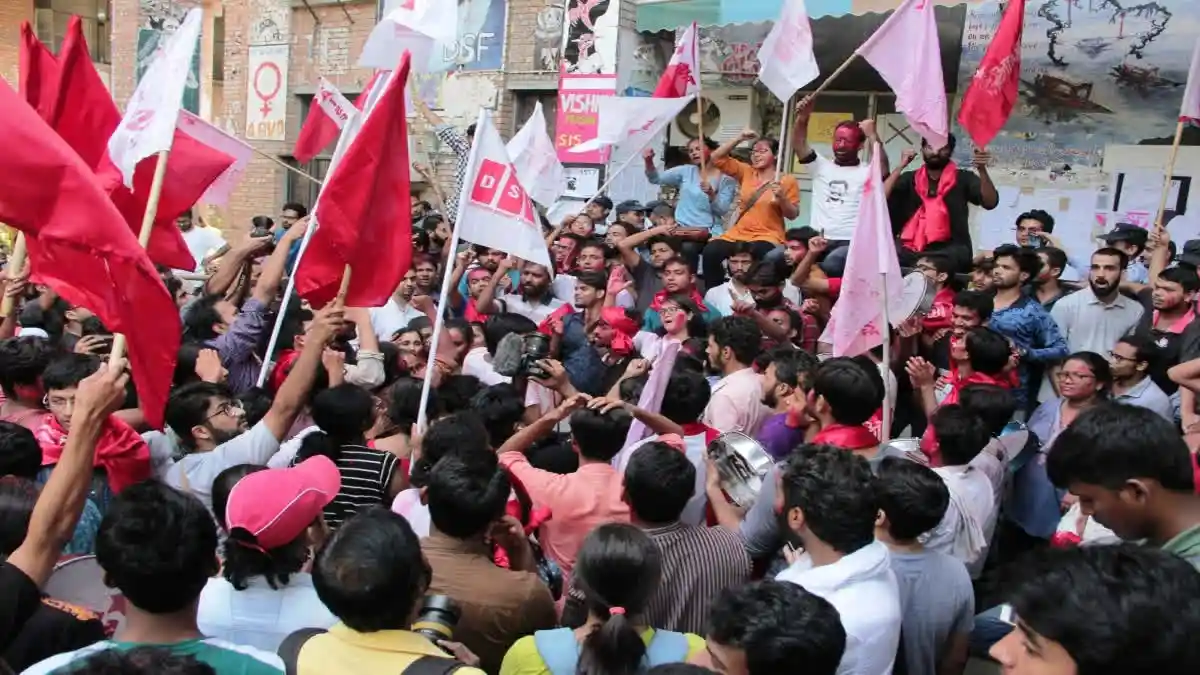
Despite all this, Dhananjay stood his ground and focused on education. The caste discrimination he and others in his community faced,slowly pushed them to look for alternative ideologies. It was this search that ultimately got Dhananjay closer to the Communist Party of India (Marxist-Leninist) – CPIML. He had started reading newspapers right from school days and sometimes he would also read about the struggle of tribal and Dalit people in Bihar and Jharkhand, under the leadership of the (CPI-ML). He also came to know from (CPI-ML) journals how tribal lands were being taken over by the state and corporates and the houses of poor people were being mercilessly demolished.
Even as this political affinity with CPI(ML) was growing, Dhananjay’s father decided to move his son to Delhi, the national capital. His father knew about Delhi University and the facilities and concessions it accorded for the education of Scheduled Caste (SC) community students. Right in his first year at Delhi university,he got formally associated with AISA, which had close associations with the CPI(ML). Dhananjay’s understanding of the social and political situation in Bihar and Jharkhand, as well as his knowledge about the CPI(ML)’s struggles for the marginalised people made this choice easy.
Apart from all this, the AISA had started a fight against FYUP in 2014 and the issue had impacted Dhananjay too. He observed that FYUP would have an adverse impact on poor and marginalized students, as it meant an increase in fees. Being inspired by CPI(ML), it was natural for Dhananjay to join AISA and lead the ‘Rollback FYUP’ campaign. In his early days, he played a leadership role in the AISA movements in DU. When there was a massive movement to validate bus passes for students in DTC’s red buses, he gathered hundreds of students and led the successful movement. It was a victorious movement under the leadership of AISA.
After completing his BA, he enrolled for post-graduation in Performance Studies in 2019 from Ambedkar University, which also provides subsidised education for Dalits, and later completed his M.Phil in Theater and Performance Studies from the School of Arts and Aesthetics, JNU. Dhananjay says, “I did Left politics because I believe that only by bringing together the struggle of class and caste, we will be able to eliminate caste from our society. I do not want the discrimination that happened to me to continue. I want to transform the society to one that provides equal and affordable education to all students and respectable employment to our youth.”
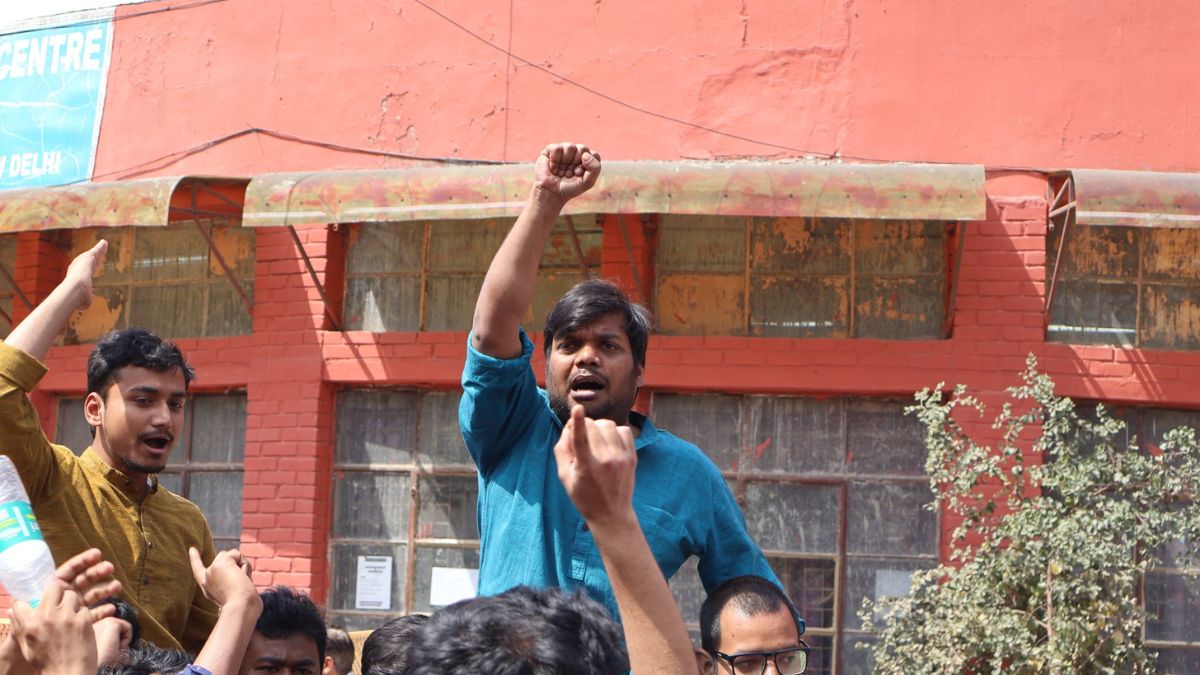
Getting into JNU was his dream and in November 2020, which was his first day of M.Phil., Dhananjay participated in the AISA-led ‘Re-Open JNU’ protest. The agitation demanded that the students who were sent back home during the COVID lockdown of March 2020, should be called back and the campus should be reopened for the students. During this period, JNU had transformed into a fort of sorts, making it impossible for students to return to the campus. During the lockdown, the harsh reality of digital divide also became evident, especially in the students belonging to marginalised sections. Dhananjay was part of a 21-day dharna organized at the Dean of Students office as part of the ‘Unlock JNU’ movement in June-July 2021, where he stayed in a tent day and night demanding offline classes and hostel allotment for students.
Dhananjay has a prominent streak of cultural activism too. He believes that cultural interventions should be at the core of Left politics. He is inspired by Left cultural icons such as Safdar Hashmi and Gaddar as well as organisations like Kabir Kala Manch, Dhananjay is a writer, poet and theatre artist. He is associated with the Delhi-based cultural troupe ‘Sangwari’. His plays and songs have been regularly presented in Leftist platforms including those of the AISA and CPI(ML). He says, “Culture bridges the gap between politics and society. This is the best medium to reach the general public. “People understand the language of expressive arts like music and theatre.” He believes that through cultural activism, people can be given awareness about caste and gender issues and change can be brought about through it.
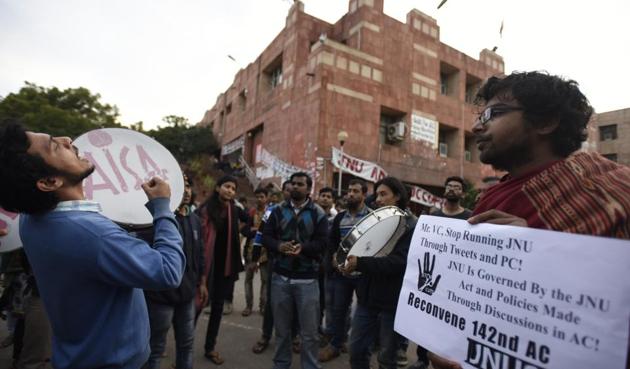
Dhananjay says he has a dream for JNU that will combine political activism and cultural activism, and through it nurture the vibrant democratic culture of JNU, where students would actively participate in debates, dissents and discussions. He wishes to preserve the glorious legacy of the tireless struggle of his predecessors at the JNU, whose commitment to student politics developed into struggles for the larger society too, where all sections, including farmers and the working class would join hands with students and youth to fight for social justice, and against the commercialization and corporate takeover in different realms of society. He wishes to take all these streams together, but at this moment of victory his primary concern is the education sector, where he wishes to see an inclusive campus, where gender discrimination is absent, and campus democracy is protected in letter and spirit as well as through concrete action.


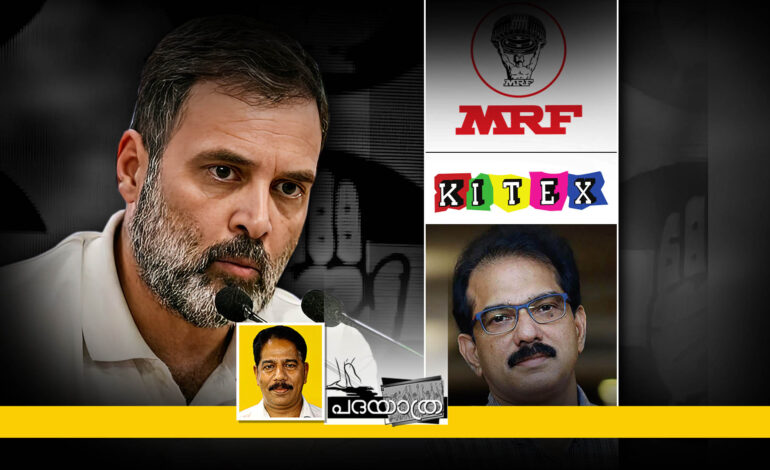
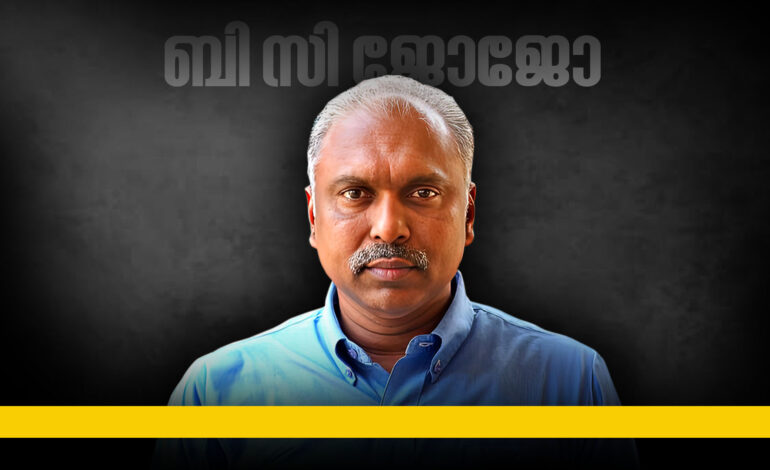
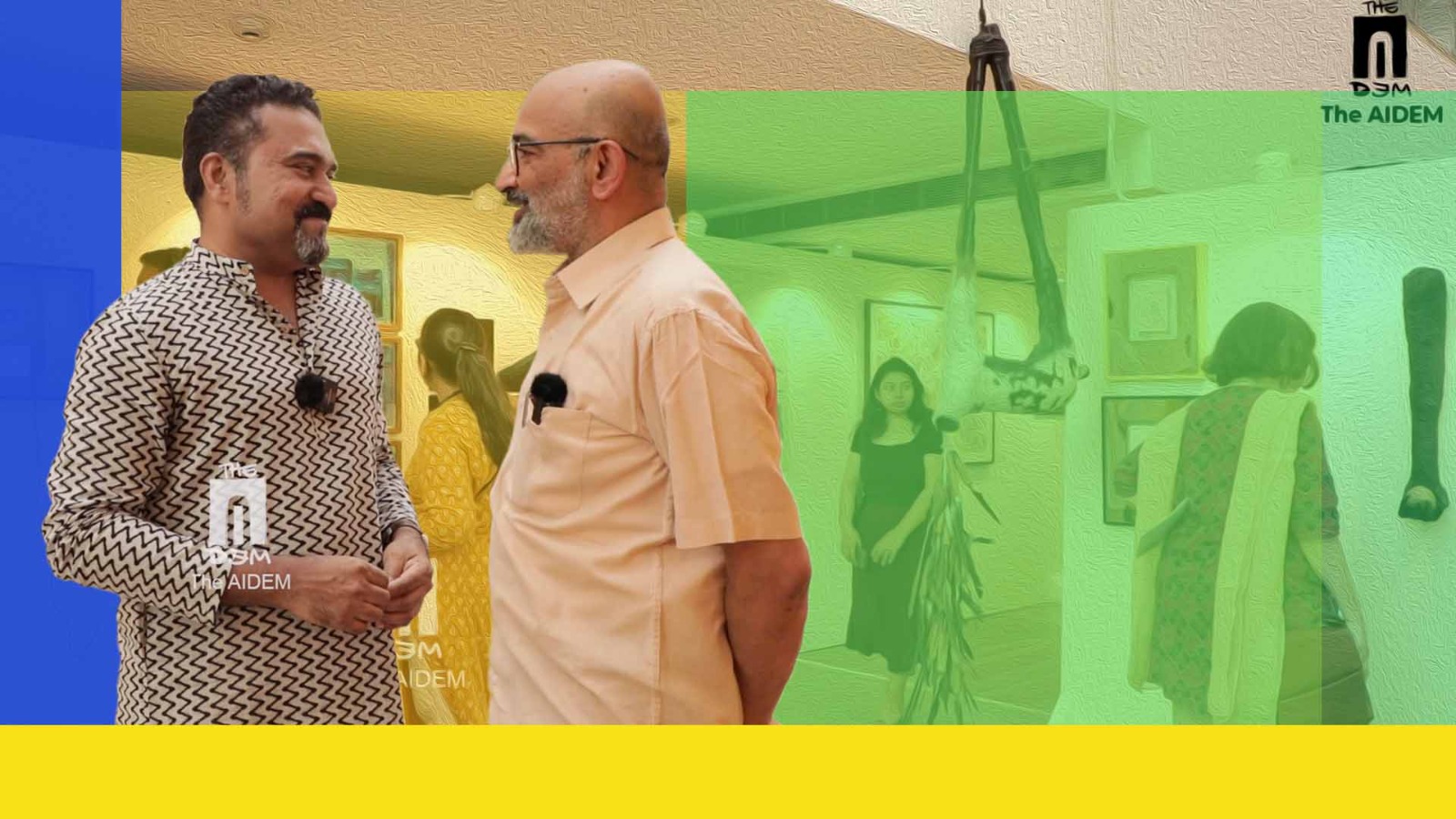
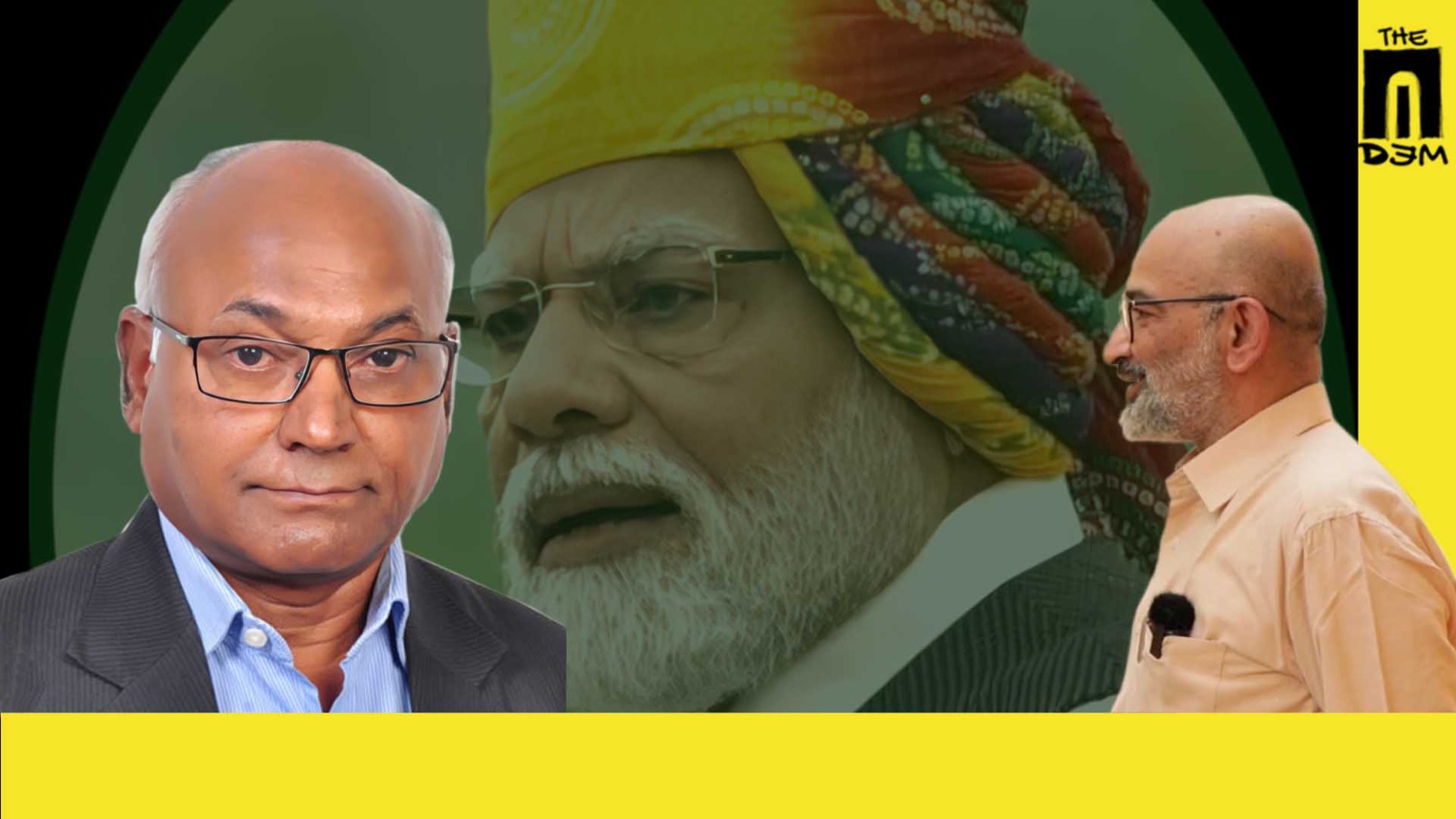
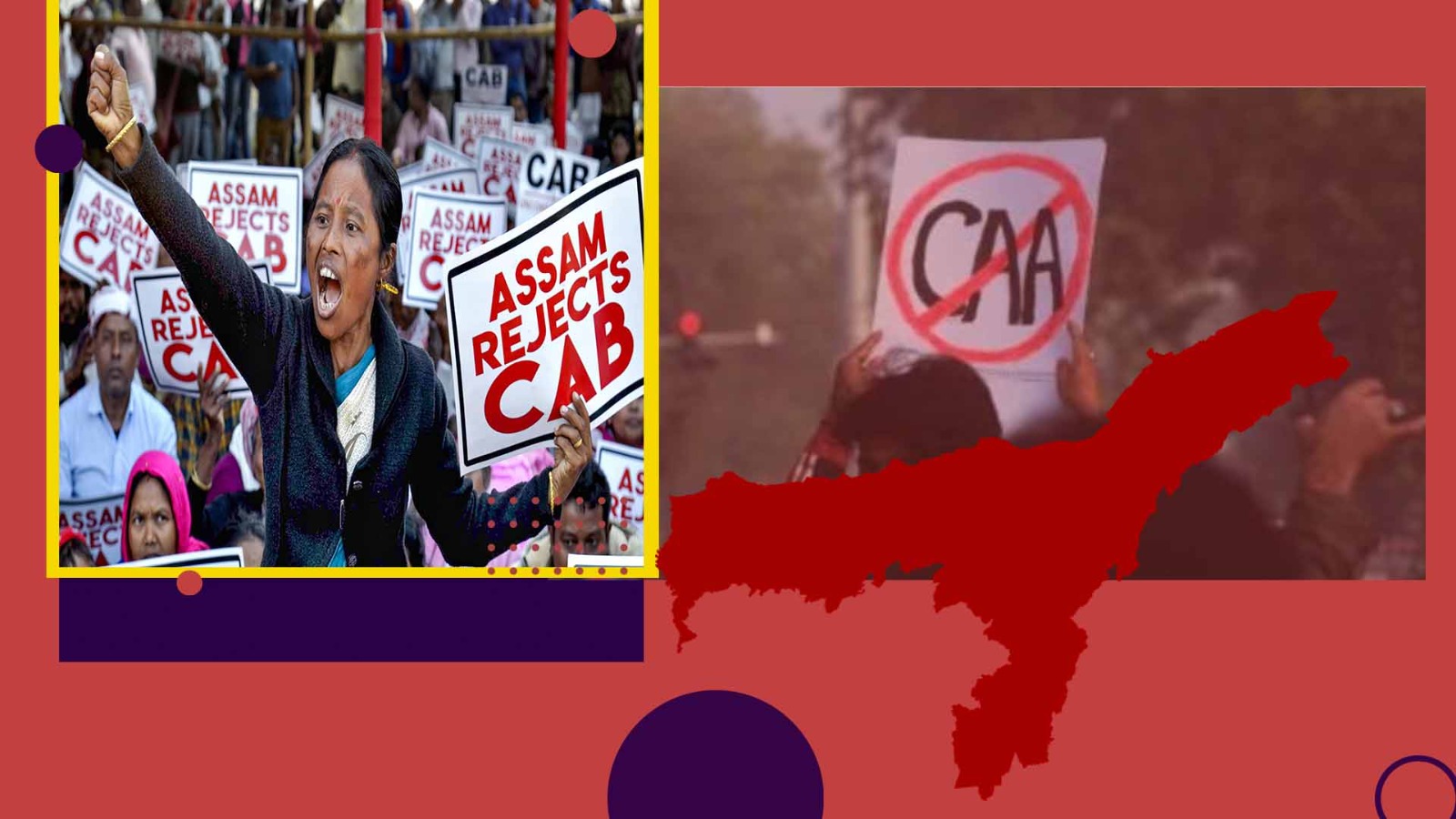
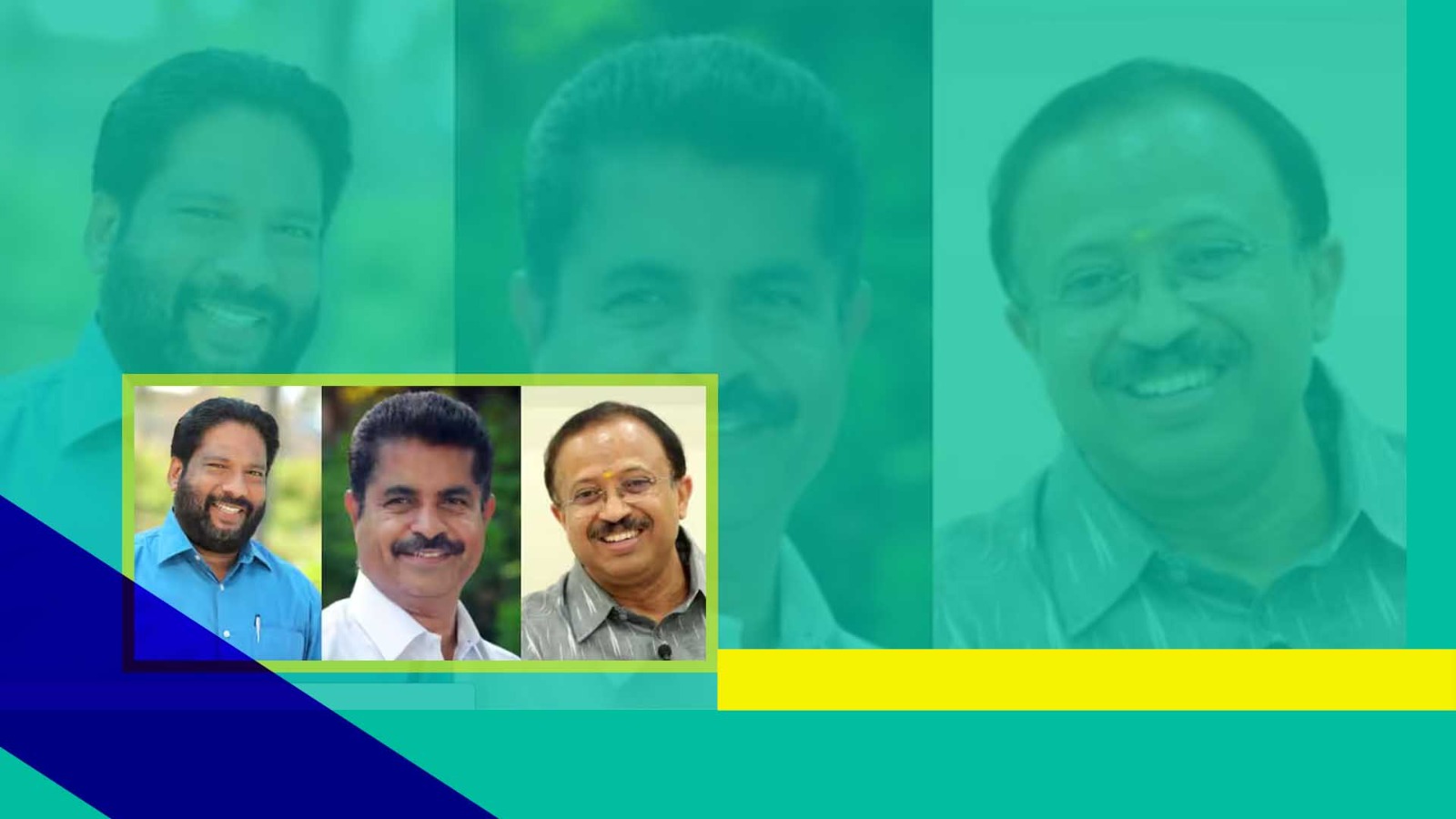


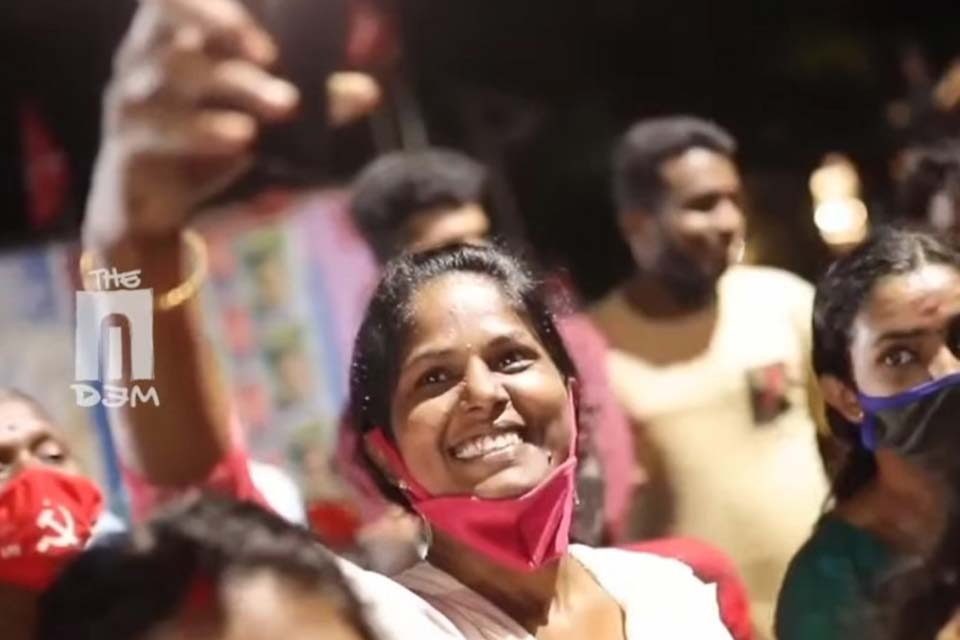

What an inspiring story !! Salutations to a new promise on the national political scene . Congratulations to The Aidem for presenting this story